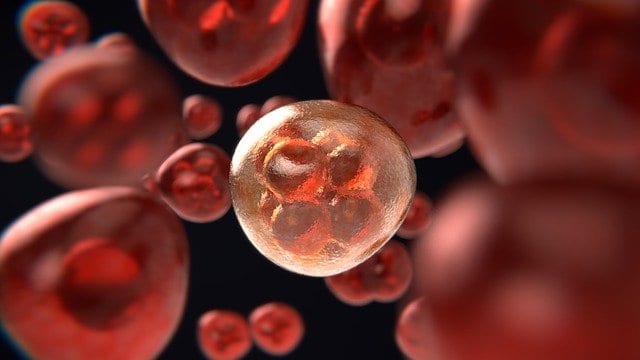SCREENING
Sometimes the colon produces an abnormal growth of tissue called a polyp. These can be precancerous and eventually transform into cancer. It is thought to take about 10 years for most polyps to grow into cancer. If appropriate colorectal cancer screening is performed, most of these polyps can be removed before they turn into cancer, effectively preventing the development of colon cancer.
Traditionally, 50 was the recommended age to start colonoscopies because most colon cancers occur in people over age 50. However, there has been a recent increase in colon cancer in younger individuals, particularly those in their 40s. Consequently, the American Cancer Society has changed its screening guidelines to recommend starting colonoscopies at age 45.
It is not entirely clear why the rate of colorectal cancer is increasing in younger individuals, but it may be due to a sedentary lifestyle, lack of exercise, obesity, and diet.
WEIGHT
Being overweight increases the risk of colorectal cancer (and other cancers and chronic diseases). Having more belly fat or a larger waist circumference also has been linked to colorectal cancer. Weight loss has been shown to reduce colon cancer risk.
PHYSICAL ACTIVITY
Regular moderate physical activity can lower your risk of colon cancer and other diseases as well. Studies have found that people who exercise regularly have a 40-50 percent lower risk of colon cancer compared to those who do not exercise regularly.
DIET
Research continues to analyze the link between diet and colon cancer. There is overwhelming evidence that diet drives colon cancer risk. In fact, it is estimated that a healthy diet could prevent 70 to 90 percent of colorectal cancers! This would be a diet high in fruits, vegetables, and fiber. Fiber, in fact, is incredibly important, and most people do not consume enough. Fiber can be found in fruits, vegetables, nuts, beans, and whole grains like brown rice. Red meats (beef, lamb, pork), processed meats (hot dogs, lunch meats, bacon) and processed food increase our risk and should be limited.
If you are over the age of 45 and have not had your colon cancer screening, do not wait to talk to your doctor.
Dr. Pamela Tuli is a hematologist-oncologist practicing with The Medical Oncology Group – Memorial Physician Clinics. She can be contacted at (228)- 575-1234.
Image by Colin Behrens from Pixabay


